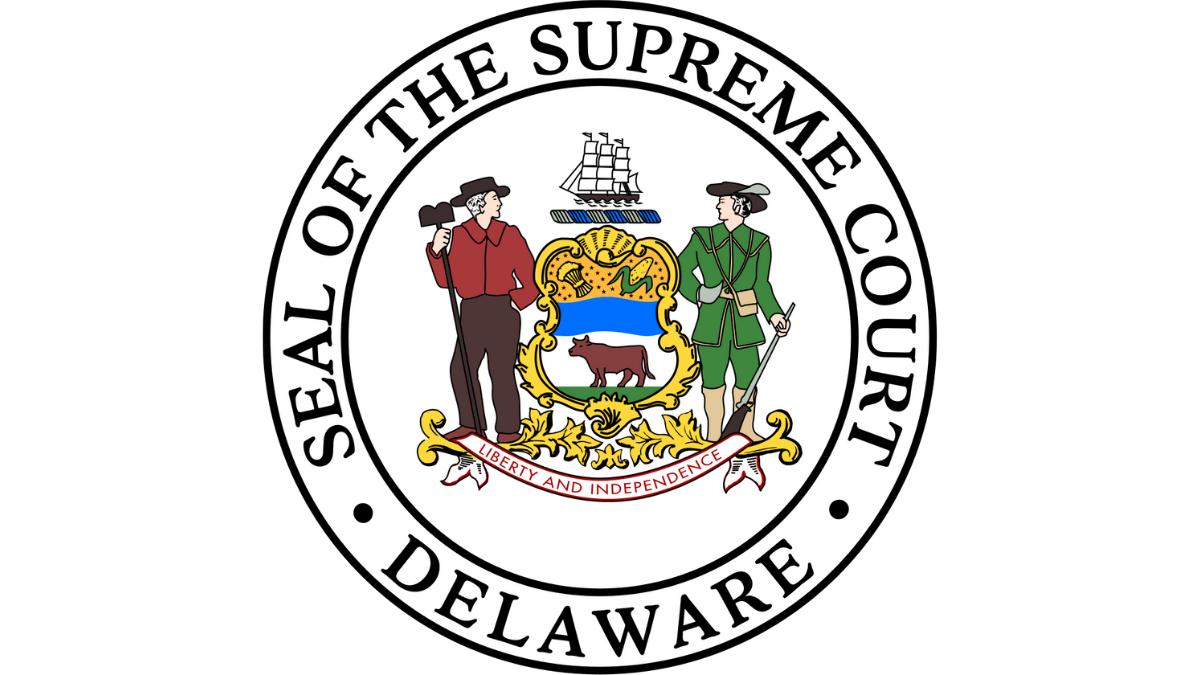WILMINGTON, Del. (Legal Newsline) – The Supreme Court of Delaware has answered a handful of questions arising from a partnership dispute in federal court.
The inquiries stemmed from the case filed by the United States, 23 individual states and the District of Columbia against Sanofi-Aventis and Bristol-Myers Squibb. When it comes a qui tam action via the False Claims Act (Delaware's Rule 41), the U.S. Court of Appeals for the Third Circuit sought determination of three things:
-Whether a partnership stays the same, or if it’s a new one after a partner leaves and a new partner joins;
-If a new partnership is established, does the old partnership end right away or was it still in existence in the second amended complaint?; and
-Whether the initial partners can prosecute the lawsuit as a “winding up” process if the previous limited liability partnership ended after the membership change?
The Supreme Court determined that for the first question, when an original partner leaves, a new partnership is formed and dissolves the old partnership. It pointed out that Section 201 of the Delaware Revised Uniform Partnership Act (DRUPA) states that a partnership is made up of its individual partners. So, when one leaves, a new partnership is formed.
The Supreme Court then answered the second question and while it said that based on DRUPA, a partnership is over when the winding up is done (and a membership change causes a dissolution), there’s not clarity on if the winding up process was actually finished, and the trial court will rule on that.
It also ruled that the lawsuit can’t be prosecuted as part of the partnership’s winding up strategy, as that doesn’t align with Section 8.02, answering the third question.
That section says "the liquidation of partnership property shall be carried out as promptly as is consistent with obtaining the fair value thereof.’”
Justice Karen Valihura wrote the March 17 opinion. Chief Justice Collins Seitz and justices James Vaughn, Gary Traynor and Tamika Montgomery-Reeves were also present.
Supreme Court of Delaware case number 18-2472
